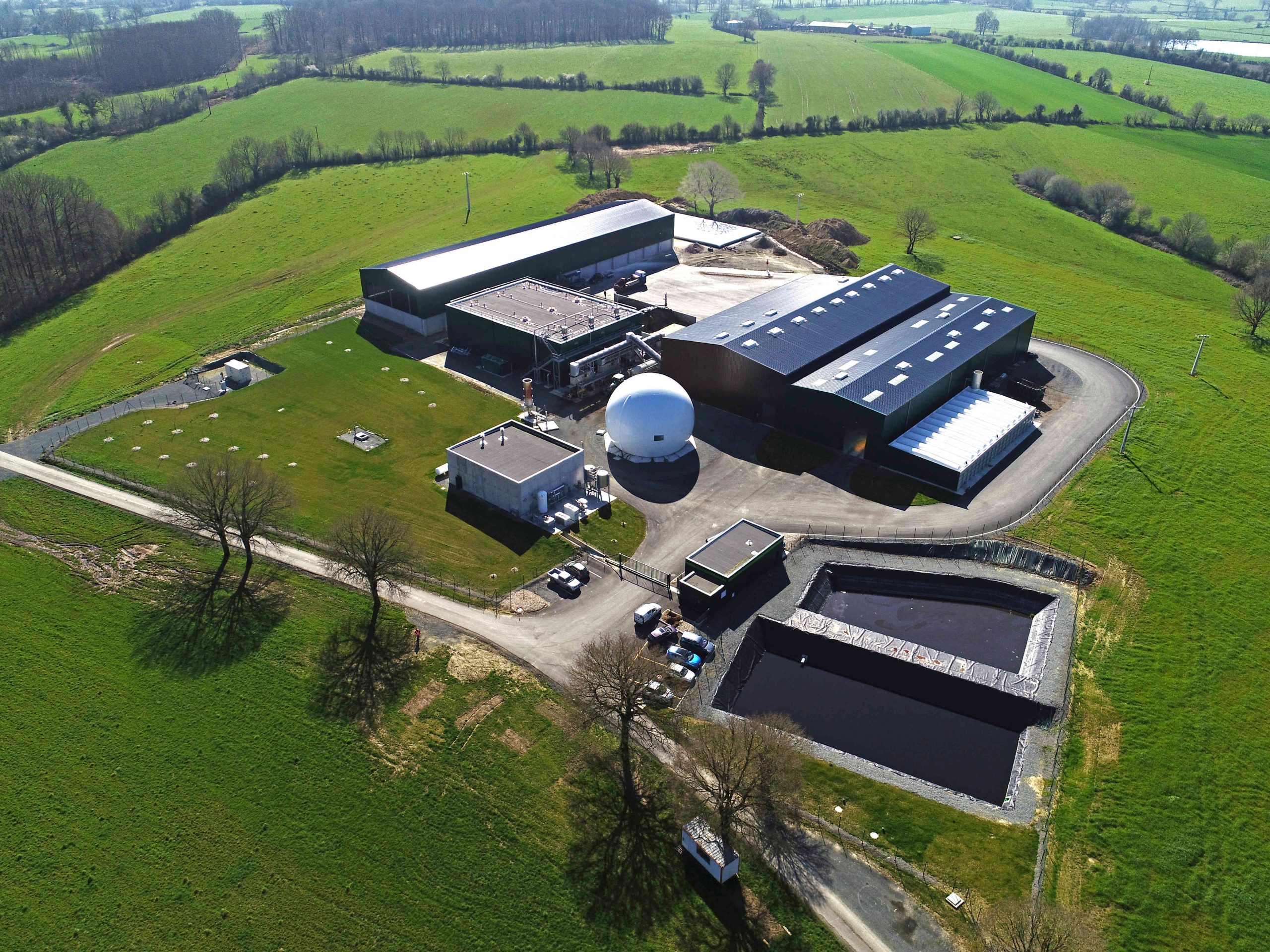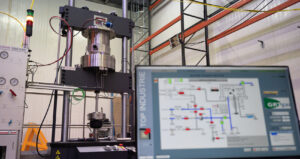
New energy sources have taken their place in the energy mix: biomethane from methanization is developing strongly.
Others will take their place in the future: gases from pyrogasification, hydrothermal gasification and Power to Gas (hydrogen and synthetic methane...). They offer a host of ecological benefits, including waste reduction, a circular economy and the valorization of local resources.
The energy transition requires optimizing the grid connection of these various modes of renewable gas production, leading to a multi-energy approach, notably gas and electricity, where the articulation between centralized and decentralized plays a key role.
At RICE, we are committed to researching a more sustainable and climate-neutral energy mix.
RICE has an extensive R&D&I portfolio dedicated to the integration of renewable and low-carbon gases into networks, supported by its laboratories at Villeneuve-la-Garenne, Alfortville and Fos sur mer(Jupiter 1000 demonstrator), as well as a network of partners.
Our "Preparing networks for the arrival of renewable methane" program

Renewable methane, like biomethane, is a key element in the successful energy and ecological transition, in line with France's and Europe's objectives. RICE develops projects to accelerate the optimization of production processes while controlling their impact, and to maximize the volumes of renewable, low-carbon gas that can be delivered via the networks.
Our teams work in two areas of research:
Optimizing gas infrastructures to reduce transportation costs and control the impact of new methane :
RICE conducts research projects to ensure the safety of new gases before they are injected into networks, in particular thanks to its gas analysis expertise, while optimizing transportation costs.
Discover our expertise in renewable gas analysis: watch the video
Support the development of new methane production processes to industrialize and make upstream processes more flexible:
RICE supports an ecosystem of partners to ensure compliance between network specifications and the quality of the gases that are already and may be produced in the future via various energy conversion processes (methanization, pyrogasification, hydrothermal gasification, methanation).
Discover one of our projects: watch the video
Our "Preparing networks for the arrival of hydrogen" program

Hydrogen provides new solutions that complement energy efficiency and the development of renewable energy sources. In addition to the deployment of hydrogen production facilities and the development of hydrogen applications, we need to prepare for the adaptation and development of gas chain infrastructures that will see the transit of hydrogenated gases or pure hydrogen.
Our teams work in two areas of research:
Ensure the safety and integrity of assets in the presence of hydrogen :
The aim of RICE's work is to understand the specific characteristics of the dihydrogen (H2) molecule, in particular its interaction with networks, both in terms of materials and equipment, and to adapt operating methods accordingly to maintain the expected level of industrial safety.
Maintain the quality of the transport mission (functional and regulatory):
Integrating hydrogen into networks will require numerous changes in network equipment and operating modes, in control and metering equipment, and in the development of more intelligent, decentralized networks. RICE aims to support manufacturers in the development and R&D work required to make the gas chain a central element of tomorrow's energy world.
With this in mind, RICE is working with French infrastructure operators and their European peers to develop the FenHYx platform, which brings together state-of-the-art test benches specifically dedicated to hydrogen, and is set to become a benchmark in Europe.